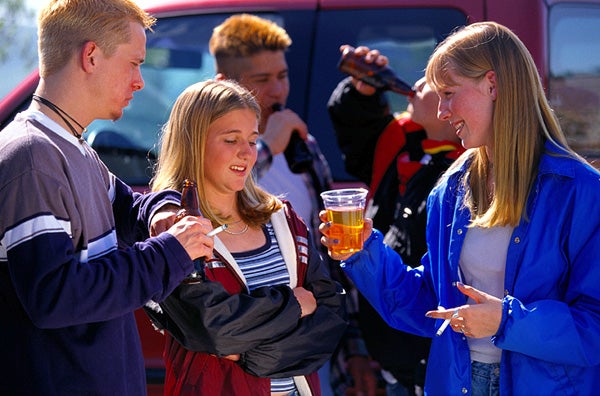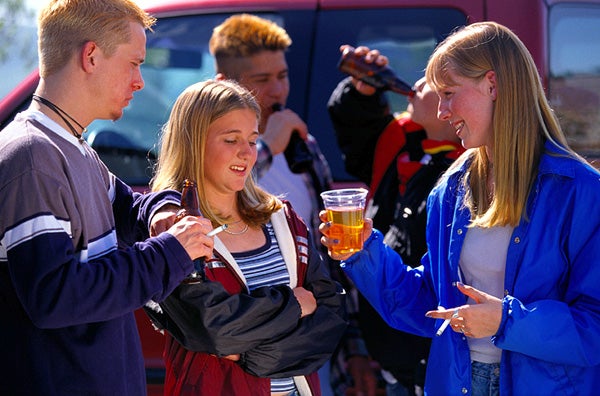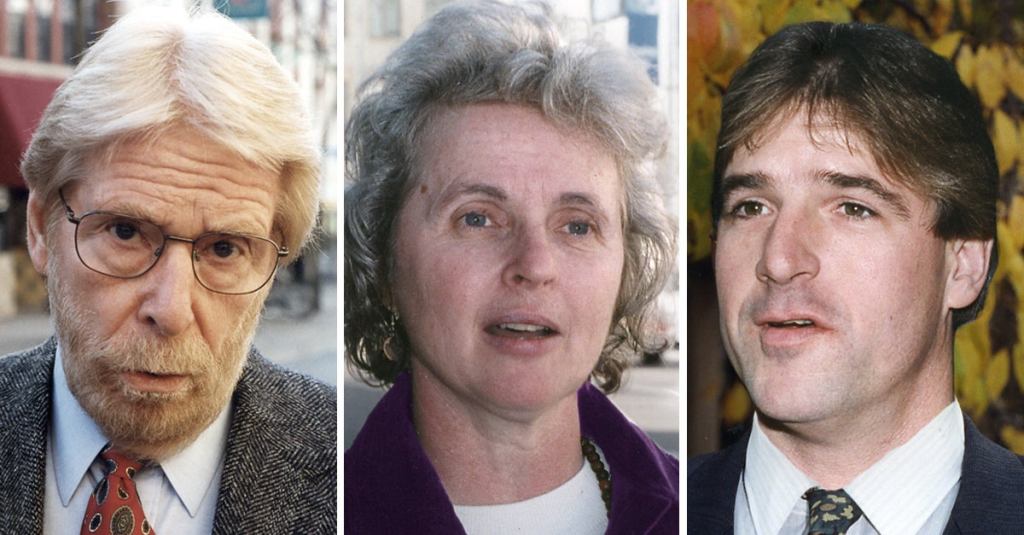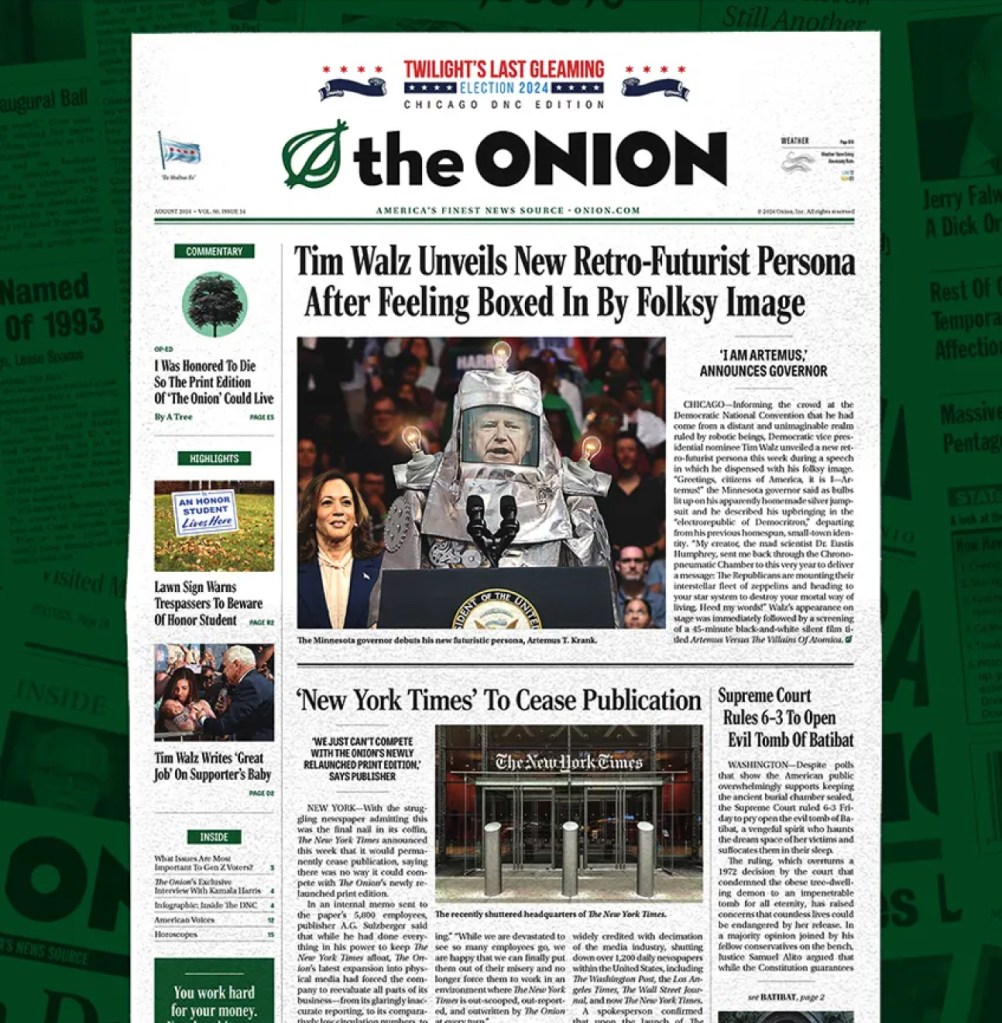BOSTON—A definitive causal relationship exists between drug and alcohol use and teen sex, the Center For Figuring Out Really Obvious Things reported Monday.

The four-year, $3.5 million study, which examined the substance-abuse and sexual habits of more than 2,500 American teens, is regarded as one of the most “no-duh”-inducing in the center’s history.
“Our exhaustive research clearly confirms that U.S. youths between the ages of 13 and 18 who drink and/or use drugs are more likely to be sexually active,” said Dr. Gerald Eckersley, director of the Boston-based organization. “This may be our most significant finding since the landmark 1978 study that found a link between habitual chocolate consumption and weight gain.”
“Our research shows that the inhibition-lowering properties of recreational drugs and alcohol cause those who use them to behave with less restraint, making sex among young people more likely to occur,” Eckersley continued. “Gee, I bet you never would’ve guessed that.”
The report went on to state that some teens may actually seek out drugs and alcohol for the express purpose of lowering their inhibitions and facilitating sex—a phenomenon well known to parents and teens alike for countless generations.
“Teens are not only having sex drunk or high, but they’re also getting drunk or high to increase their chances of having sex,” Eckersley said. “Interestingly, we found that this phenomenon also occurs among adults, as well as among every population everywhere in the world that has ever existed since the dawn of time.”
To help spread word of its findings, the Center For Figuring Out Really Obvious Things sent a TelePrompTer-ready press release to more than 400 local TV-news affiliates across the U.S. Along with the press release, the stations received stock video footage of beer displays and teens smoking and drinking at parties.
“As a teaser for newscasters presenting this story, I would recommend, ‘Think you know everything about teen sex and alcohol? Think again—a new study is out, and the findings may surprise you. Coming up next,’” Eckersley said. “Although, of course, the findings won’t actually surprise you.”
Founded in 1959, the Center For Figuring Out Really Obvious Things is among the world’s leaders in stating the obvious. Operating under the motto Lumen Redundas, or “To Cast The Light Of Knowledge On The Already Well-Known,” it has conducted non-groundbreaking research on a wide variety of self-evident phenomena.
Among the center’s most notable non-discoveries are the 1974 determination that cars contribute to urban smog, the 1981 conclusion that taking the stairs burns more calories than taking the elevator, and the landmark 1997 finding that infidelity causes friction in marriages.
In spite of the center’s sterling reputation, some of its findings, which seemed obvious at the time, are now considered inaccurate. A 1963 study, for example, confirmed that sugar was good for children’s health because it gave their “growing bodies the pep and energy they need.” Another example is the since-refuted 1972 study finding dairy foods to be “heart-healthy.”
Still, Eckersley insisted that the center’s research methods are “overwhelmingly reliable.”
“I feel confident in the center’s ability to determine the validity of virtually any obvious claim,” Eckersley said. “It goes without saying, however, that even the best people in any line of study occasionally make mistakes. But even though it goes without saying, we here at the Center For Figuring Out Really Obvious Things are saying it anyway, in a $4.2 million study that will definitively prove this Even-The-Best-People-Sometimes-Make-Mistakes theory.”








